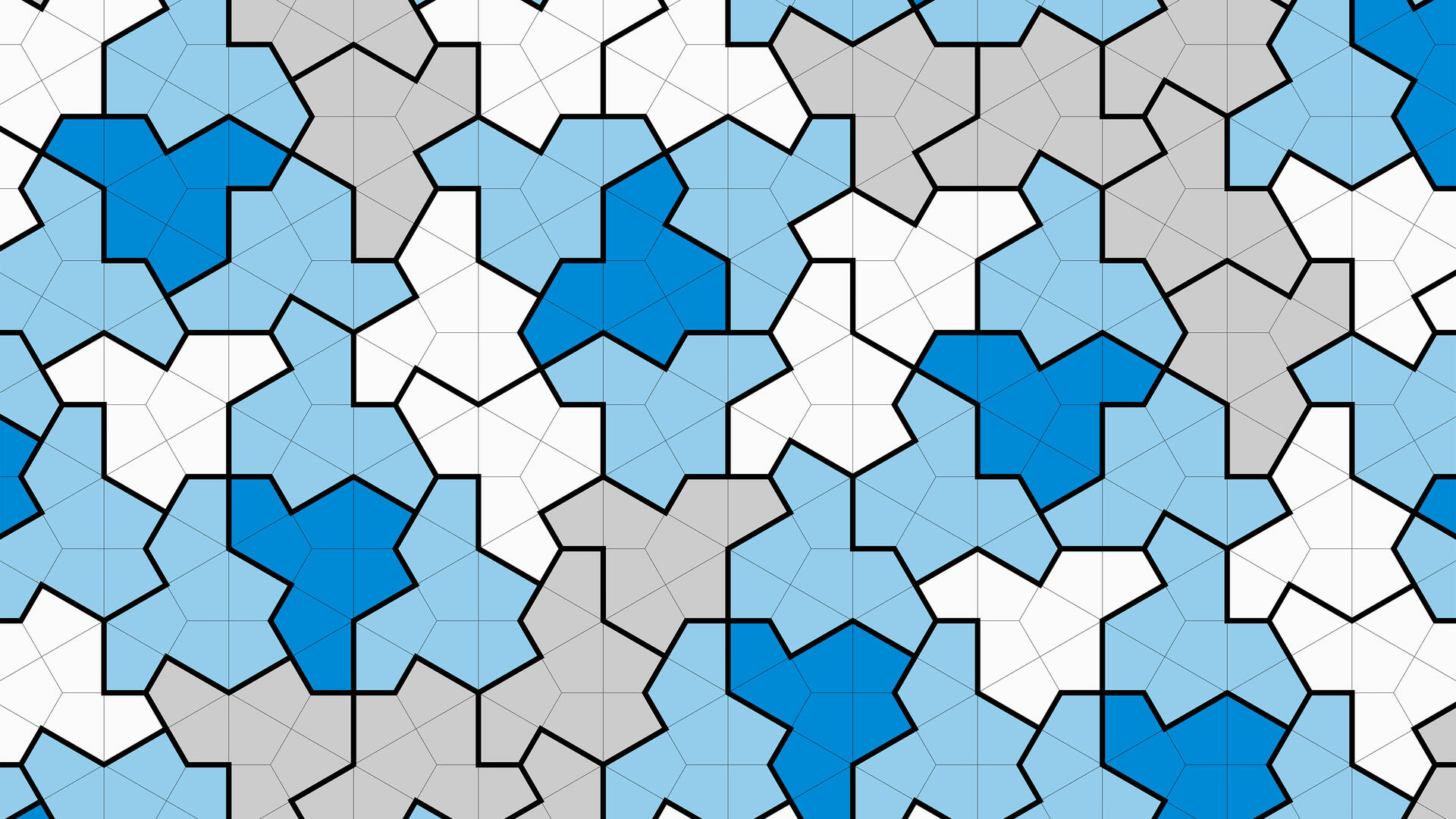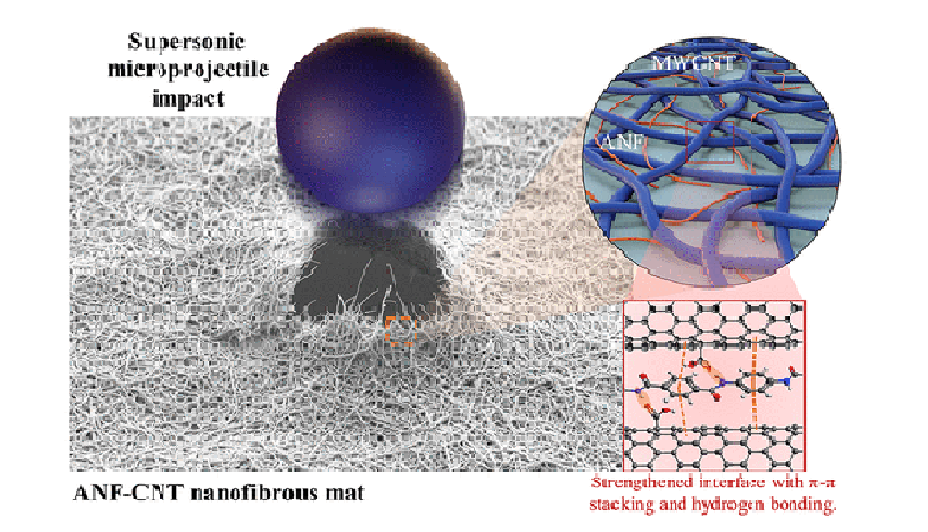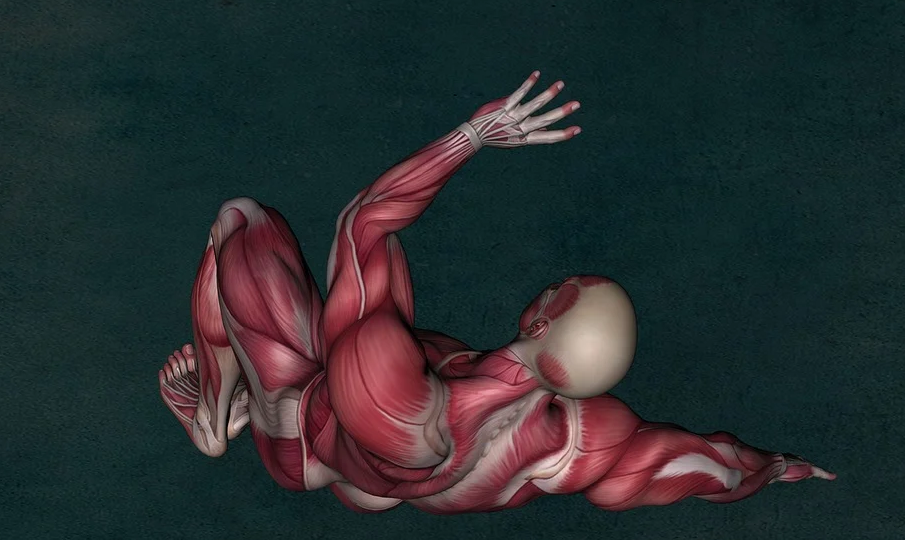China’s Zhurong Rover Finds Evidence of an Ancient Ocean on Mars
China’s Zhurong rover, exploring the Utopia Planitia region of Mars, has uncovered compelling evidence of an ancient ocean that existed on the Red Planet around 3.5 billion years ago.
Geological Clues Point to an Ancient Coastline
The rover’s analysis of Martian rocks revealed geological features such as troughs, sediment channels, and mud volcano formations, which suggest the presence of a coastline. These findings indicate both shallow and deeper marine environments existed on Mars in the past.
This discovery strengthens the theory that Mars once contained a significant amount of water, possibly making it hospitable to microbial life. It also raises intriguing questions about the planet’s climate history and the possibility of past life.
The Ocean’s Frozen Legacy and Gradual Disappearance
The study suggests that around 3.5 billion years ago, an ancient ocean likely spread rocks across Mars’ surface. Over the following 230 million years, the ocean’s surface may have frozen, slowly receded, and eventually disappeared.
“The ocean surface was likely frozen in a geologically short period, with liquid water solidifying and sediment depositing to form the dry shallow marine unit around 3½ billion years ago, followed by the dry deep marine unit 3.42 billion years ago,” study author Bo Wu told the South China Morning Post.
The Zhurong rover’s mission continues to provide valuable insights into Mars’s geological evolution and its potential for harboring life in the distant past.
Nidhi is a gold medalist Post Graduate in Atmospheric and Oceanic Sciences.







